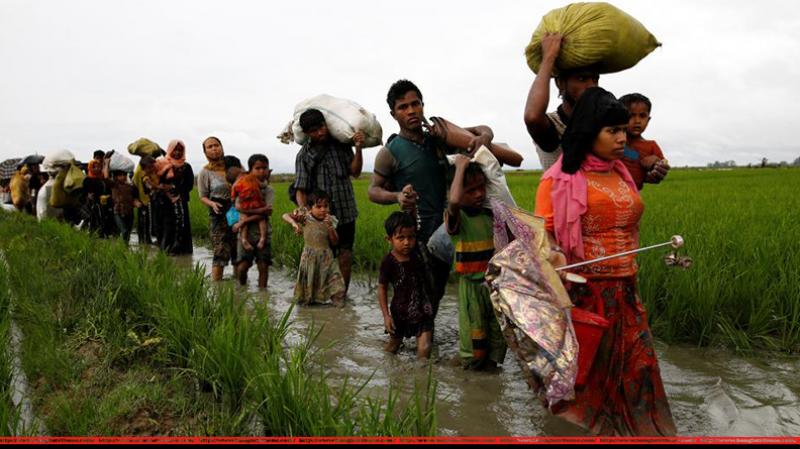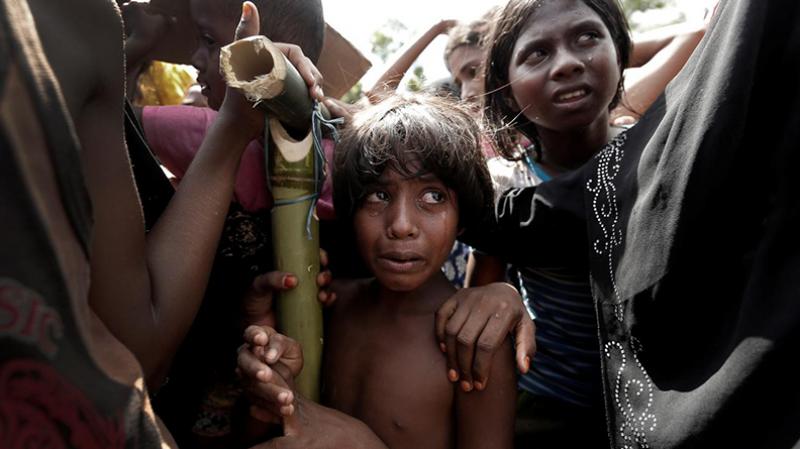 International pressure on Myanmar is consolidating to address the Rohingya crisis.
International pressure on Myanmar is consolidating to address the Rohingya crisis.
A UN Security Council delegation will be visiting Bangladesh and Myanmar this week while a good number of ministers from the OIC countries will visit the camps housing Rohingyas in southeastern Cox’s Bazar.
Canadian foreign minister along with Rohingya affairs Adviser to Canadian PM Bob Rei is expected to visit Cox’s Bazar on May 4.
“The pressure on Myanmar is increasing day by day,” said Munshi Faiz Ahmed, a former Bangladeshi envoy to China.
In the wake of it, the Myanmar government is compelled to do those things what they would not have done, according to him.
Munshi said not even a Myanmar ambassador or official ever visited the Cox’s Bazar camps, but now they sent their minister to Cox’s Bazaar to encourage Rohingyas to go back.
It allowed the UN Security Council (UNSC) to visit Myanmar, which is a major deviation from their earlier attitude, he added.
“Even in our private discussion with them, they talk about many things which they did not say early,” the former ambassador said.
Munshi was of the view that China is playing a key role in changing the stance of Myanmar as the East Asian giant has immense influence over Nay Pyi Daw.
“China is engaging with them to solve the problem and now we are seeing some results,” he said. Describing the UNSC’s expected Bangladesh visit as a ‘very good sign’, analyst Md Shahidul Haq says Dhaka should press the UN team to for some commitment on a smooth repatriation process.
Describing the UNSC’s expected Bangladesh visit as a ‘very good sign’, analyst Md Shahidul Haq says Dhaka should press the UN team to for some commitment on a smooth repatriation process.
“Our priority is to send back the distressed people and if we can play our card rights, I think we can get a good result from this visit,” said Haq, a former Bangladesh defence attaché to Myanmar.
About the upcoming OIC ministerial to be held next week, he said that it was another opportunity where Bangladesh can press for more global attention.
Bangladesh is now home to over 1 million Rohingyas after some 700,000 fled since August after a military crackdown in northern Rakhine.
The UN has described the military operation as ‘ethnic cleansing’ of Rohingyas while Myanmar maintains it to be a legitimate response to insurgent attacks on security outposts.
Also read


